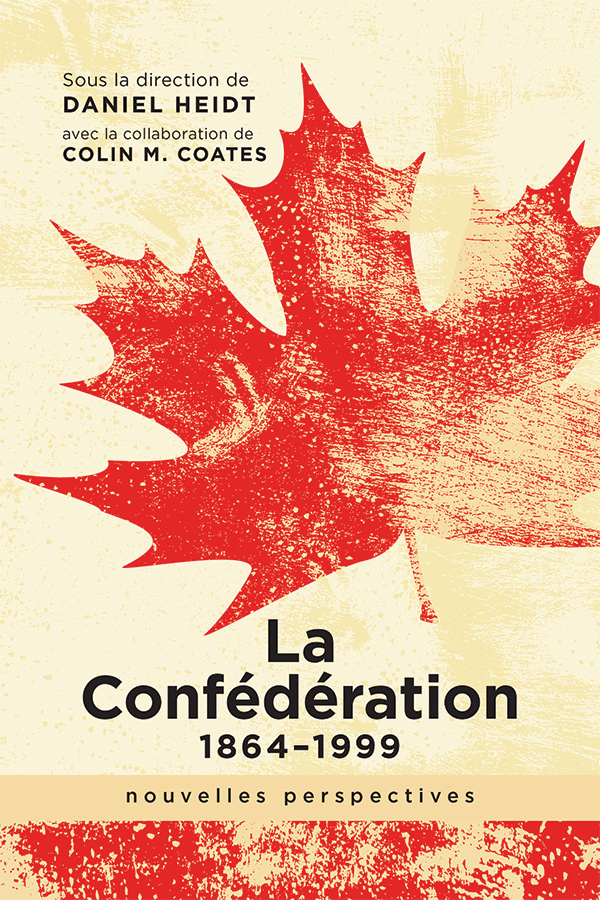
Events
July 1st marks Canada Day, but most Canadians have never revisited the unique paths that each province and territory took on the journey to Confederation. Few have explored how the provinces, territories, and Treaty area became the political framework we know today. Records of legislatures debating the extent, purposes, and principles of political union remained inaccessible, many in provincial archives. But all of that changed. Two St. Jerome’s University professors had an idea. Bring Confederation back to Canadians, and as of July, complete another chapter in this country’s history.
Professors Whitney Lackenbauer and Daniel Heidt, drawn together through a shared interest in the Arctic, sovereignty, and political history, questioned why Canadians did not have access to their own history. Confederation was a long process, spanning from the 1860s through to 1999 and the creation of Nunavut, but few Canadians could access the debates that took place as part of this development. Supported by the academic leadership at St. Jerome’s University, finding a solution to that problem took shape in the form of a project aptly called The Confederation Debates.
“St. Jerome’s University was the first to ‘step-up’ and support our idea financially, with the vision to see its value,” stated Heidt, who managed the project. He added that they discovered early on that the concept of The Confederation Debates project was popular amongst other academics and national supporters.
Multiple Universities, the Federal government, and the Crabtree Foundation supported the digitization and transcription of popularized colonial, federal, and Indigenous texts for the first time, in order to increase political awareness of historical grievances and contribute to reconciliation. The conversion of these records into searchable text was completed with the help of hundreds of volunteers from across Canada, the United States, the United Kingdom, and China. By embracing new research technologies and dissemination formats The Confederation Debates project achieved its goal.
“By the time this Canada 150 project was completed in 2017 and through the support of multiple partnerships, and a significant group of committed volunteers, we had created the first crowdsourced, non-partisan, and non-profit initiative to digitize all of Canada’s founding colonial and federal records,” adds Heidt, noting that while that was an incredible feat on its own, there was still more work to be done.
In addition to creating a website hosted by the University of Victoria, which offers downloadable and searchable province and territory site maps; providing mini-units and lesson plans that meet each province’s history and curriculum requirements for teaching Grades 7/8 and High school students; The Confederation Debates project commissioned leading historians from across the country to produce chapters for a book edited by Heidt – Reconsidering Confederation: Canada's Founding Debates, 1864-1999.
The publication, which was released in English in 2018, broke new ground by explaining when and why each province and territory became a part of Confederation, integrating the treaties between Indigenous peoples and the Crown into the understanding of Confederation. The next chapter in the project comes in July, with the release of the French language edition of Reconsidering Confederation, also edited by Heidt.
“It has taken us three years and a lot of collaboration to get to this point, but all of the effort and the publication of this book en français are moments that we can all be proud of.”
“Reconsidering Confederation is the culmination of a significant project,” says Scott Kline, St. Jerome’s University’s Vice President Academic and Dean. “With the English and French editions of this book, Whitney and Dan have done all Canadians a service by making more accessible the debates and records that led to a confederated Canada.”

-30-
FOR FURTHER INFORMATION CONTACT:
Marilyn Caird, Administrative Manager
Vice President Academic and Dean’s Office
St. Jerome’s University
marilyn.caird@uwaterloo.ca